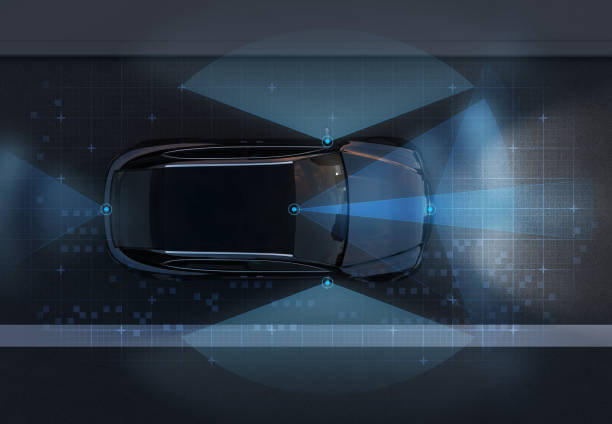Premium Electric SUVs 2025: Top Models and Lease Options
The electric vehicle market continues to evolve rapidly, with premium electric SUVs leading the charge in 2025. These luxury vehicles combine cutting-edge technology, impressive range capabilities, and sophisticated design elements that appeal to environmentally conscious consumers seeking both performance and prestige. Understanding the available models, their features, and financing options can help potential buyers make informed decisions in this competitive market segment.

The premium electric SUV segment has experienced remarkable growth, with manufacturers introducing innovative models that redefine luxury transportation. These vehicles offer advanced battery technology, sophisticated interior features, and performance capabilities that rival traditional luxury SUVs while providing zero-emission driving experiences.
Understanding Premium Electric SUV Technology in 2025
Modern premium electric SUVs incorporate state-of-the-art battery management systems, advanced driver assistance features, and cutting-edge infotainment technology. Range capabilities have significantly improved, with many models offering 300-400 miles on a single charge. Fast-charging capabilities allow drivers to replenish batteries quickly during longer journeys, making these vehicles practical for various driving scenarios.
Tesla Model X and Competitive Alternatives
The Tesla Model X remains a prominent choice in the premium electric SUV market, featuring distinctive falcon-wing doors and impressive acceleration capabilities. Other manufacturers have introduced compelling alternatives, including the BMW iX, Mercedes EQS SUV, and Audi e-tron GT variants. Each model offers unique design philosophies, technology integrations, and performance characteristics that cater to different consumer preferences.
Luxury Hybrid Options and Electric Alternatives
While fully electric models dominate premium discussions, luxury hybrid vehicles continue to provide transitional options for consumers. These vehicles combine electric motors with traditional engines, offering extended range and reduced charging concerns. Manufacturers like Lexus, Acura, and Volvo provide sophisticated hybrid SUVs that deliver luxury experiences while maintaining fuel efficiency benefits.
Lease Financing and Ownership Considerations
Leasing arrangements for premium electric SUVs often include favorable terms due to federal tax incentives and manufacturer support programs. Monthly payments typically range from $600-1,200 depending on the model, lease duration, and down payment amounts. Purchase prices for premium electric SUVs generally start around $80,000 and can exceed $150,000 for fully-loaded configurations.
| Vehicle Model | Manufacturer | Estimated Monthly Lease | Purchase Price Range |
|---|---|---|---|
| Model X | Tesla | $800-1,100 | $98,000-$138,000 |
| iX xDrive50 | BMW | $750-950 | $87,000-$105,000 |
| EQS SUV | Mercedes-Benz | $900-1,200 | $105,000-$130,000 |
| e-tron GT | Audi | $850-1,050 | $95,000-$115,000 |
| EV9 GT-Line | Kia | $650-850 | $75,000-$85,000 |
Prices, rates, or cost estimates mentioned in this article are based on the latest available information but may change over time. Independent research is advised before making financial decisions.
Market Trends and Future Developments
The premium electric SUV market continues expanding with new entrants from traditional luxury brands and emerging electric vehicle manufacturers. Advanced features like autonomous driving capabilities, over-the-air software updates, and enhanced connectivity options are becoming standard expectations. Battery technology improvements promise even greater range and faster charging times in upcoming model years.
Making Informed Purchase Decisions
Potential buyers should consider factors including charging infrastructure availability, driving patterns, and long-term ownership costs when evaluating premium electric SUVs. Test driving multiple models helps identify preferred handling characteristics, interior comfort levels, and technology interfaces. Researching local incentives, utility rebates, and manufacturer programs can significantly impact total ownership costs and make premium electric SUVs more accessible to qualified buyers.




